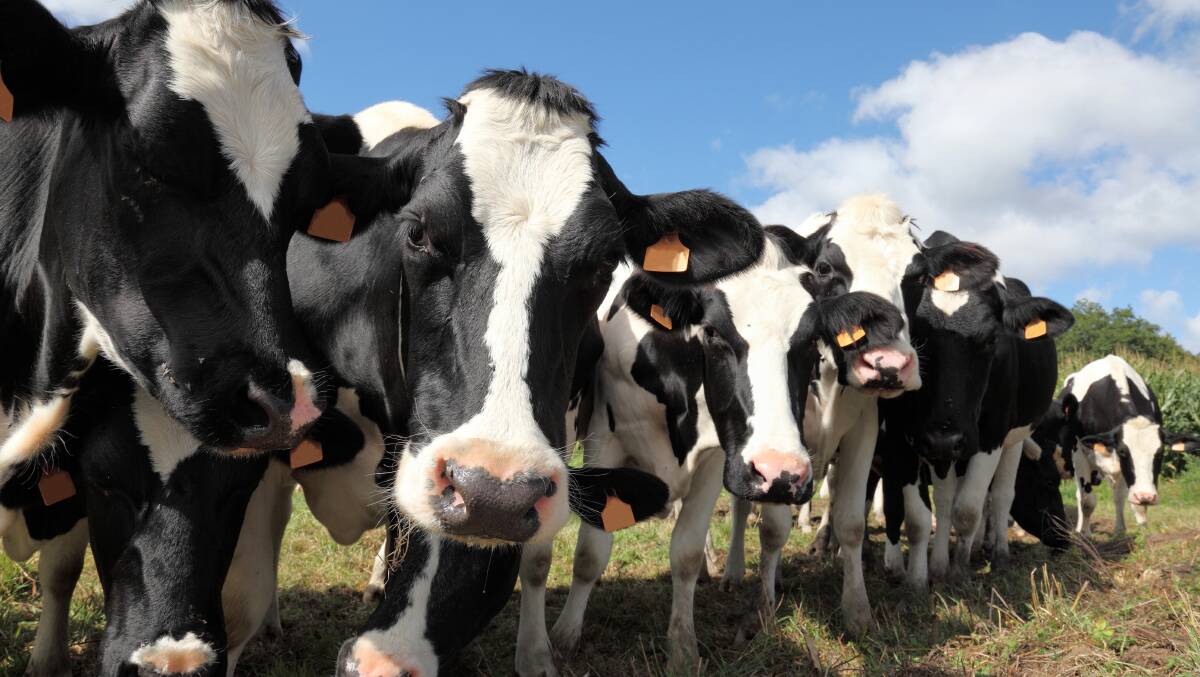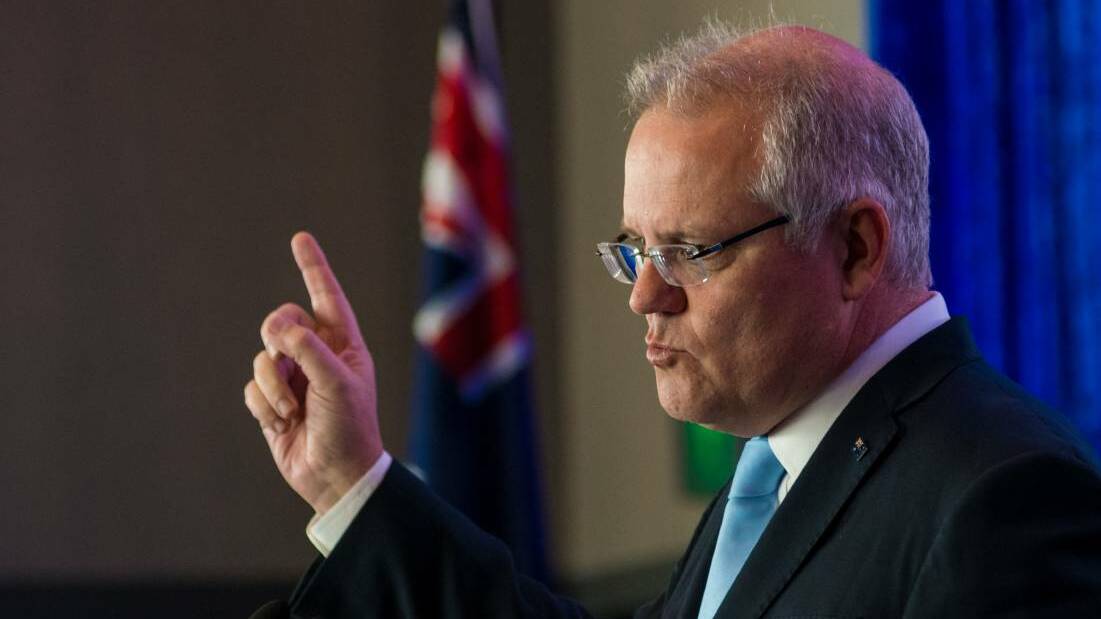
After years of studiously avoiding even mentioning the topic, the Prime Minister's recent statement that his government will now act on climate change and work towards net zero emissions by 2050 is welcome, but meaningless without a formal commitment or a plan - including robust shorter term 2030 targets based on science.
Subscribe now for unlimited access.
$0/
(min cost $0)
or signup to continue reading
Evidence on the negative impacts of climate change is hardly new information and you would be forgiven for thinking setting climate targets for 30 years' time is a joke - certainly Liberal National Party front benchers like Barnaby Joyce and our Deputy Prime Minster seem to think so.
Recently when asked to comment on their Government's newfound climate action agenda they both simply noted that by 2050 current politicians won't be in parliament, indeed many will be dead. This speaks volumes about the short-sightedness of the senior government ministers! In other words, if it doesn't impact them now it's not their problem.
In the past eight years the LNP has torn up nearly all existing climate policies like the carbon price and clean energy package, ramped up fossil fuel exploration and production (especially during the peak of COVID) whilst not providing a single credible policy that would tackle global warming.
It's worth highlighting Australia has within this past decade gone from being a global leader on climate action to a global embarrassment. With the US now finally showing leadership on climate action our PM is frantically scrambling for a face-saving gesture. But don't be fooled - the politics of it all is really very simple: delay is the new denial. Setting targets for 30 years' time is all care with no responsibility or accountability.
Unfortunately, whilst Barnaby might not be around in 2050, his kids and mine will be. They will inherit this problem, and they will never forgive us if we fail them now.
What has been particularly astounding to watch in the last week is The Nationals scrambling to exclude agriculture from any 2050 ambition. This is particularly galling considering few industries are more impacted by climatic disruption to ecosystems and biodiversity than farming. The Bureau of Meteorology recently told Senate Estimates under current emissions scenarios we are on track for 3 to 4 per cent warming by the end of the century. Think about recent record heat, droughts, extreme weather, fire and so on. That's going to get much, much worse.
The Nationals - the self-professed 'farmers friends' - haven't even listened to the peak farming body, the National Farmers Federation, who have publicly rebuked those in the LNP who want to exclude agriculture from climate ambition and backed an economy-wide target of emissions reduction by 2050. In fact, The Nationals position on climate is at odds with various agricultural bodies including Meat and Livestock Australia and Farmers for Climate Action.

Meat and Livestock Australia has an industry target to be carbon neutral by 2030, and the Farmers for Climate Action also support an economy-wide target of 2050.
Farmers' groups clearly feel the agricultural sector has an important role to play in climate action. And conversely, they also understand climate action offers significant opportunities for farmers.
I've met plenty of Tasmanian farmers who care deeply about their country, understand the changes they are seeing around them and want to do their bit for climate action. But the LNP's seven-year sabotage of climate policy continues to shoot farmers in the foot.
Notably, this has included repealing the Carbon Farming Initiative (CFI) implemented during the Greens-Labor Agreement.
The CFI was designed to give Australian farmers access to global carbon markets that would enable farmers to sell excess stored carbon units to countries that emit too much and are over their carbon emissions targets.
Tasmanian farmers stand to benefit hugely from building soil carbon levels through regenerative farming practices, but the government's anti-climate ideology has continued to undermine industry potential.
Meanwhile, carbon units are now booming at $50AUD a tonne in the EU. By repealing the carbon price, the LNP cut off farmers' access to the open market, costing them an estimated $12 billion over the next decade. Unfortunately, the LNP's reluctance to embrace climate policies has not only seen Australian farmers miss out on booming carbon trading markets, but they are now facing a climate tariff on their exports.
Two of the world's biggest trading powers, the European Union and the United States, are strongly considering carbon border taxes, which would involve a tariff on imports from nations without a price on carbon.
Just days after our PM's supposed change of heart on climate action, I moved a motion in parliament simply asking the Senate to set robust 2030 targets based on the best available science, that will give us a roadmap and some certainty that net zero emissions by 2050 is achievable. But it seems even a nine-year target is too soon for the Labor and Liberal parties, who voted the motion down. Perhaps it is because some of them will still be around in ten-years' time and will be held accountable?
The Greens are working in parliament every day to push the Labor and Liberal parties further and faster to tackle climate change. Don't be fooled - climate delay is the new climate denial.
- Peter Whish-Wilson, Tasmanian Greens senator

